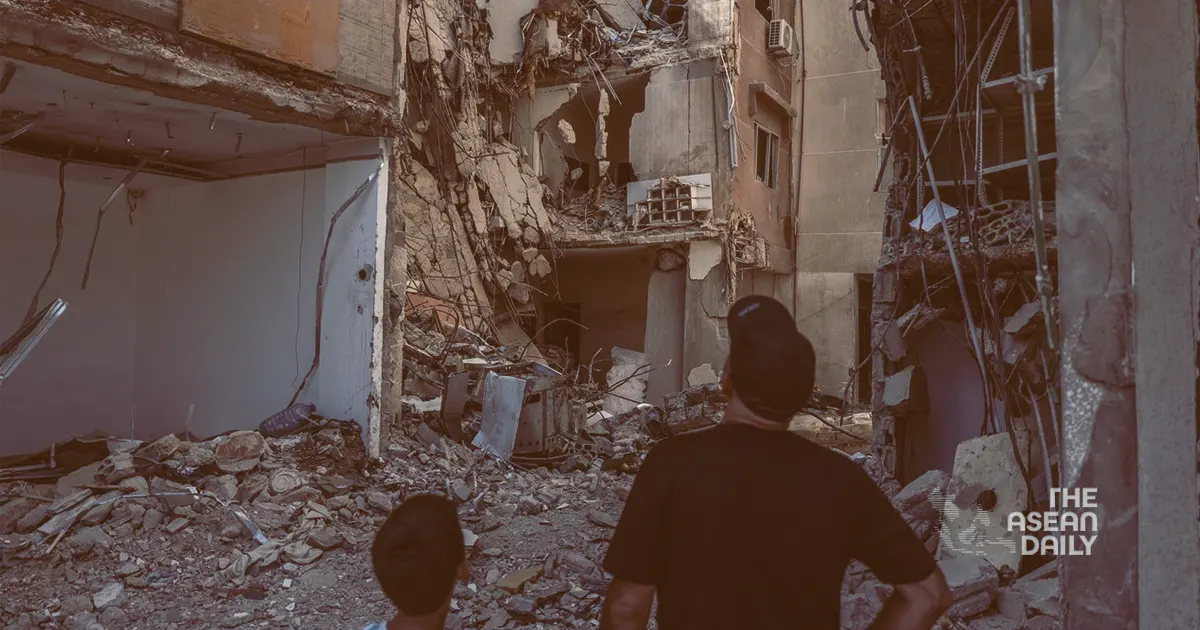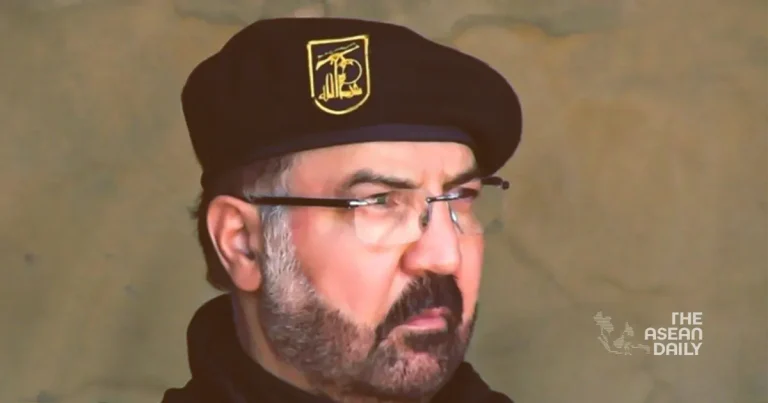20-8-2024 (BEIRUT) In the heart of Lebanon’s capital, a figure shrouded in secrecy for decades met a violent end that sent shockwaves through the region. Fuad Shukr, a founding member and senior operative of Hezbollah, was killed in an Israeli airstrike on 30 July 2024, bringing to a close a life spent in the shadows of one of the world’s most formidable non-state militias.
For nearly 40 years, Shukr had evaded American authorities, who accused him of orchestrating the 1983 Beirut barracks bombing that claimed the lives of 241 US servicemen. His death, occurring in a residential building in southern Beirut, marks the end of an era for Hezbollah and exposes vulnerabilities in the group’s once-impenetrable security apparatus.

Known to his comrades as ‘Hajj Mohsin’, Shukr was a pivotal figure in Hezbollah’s ascent to power. His expertise in strategy and close relationship with the group’s leader, Hassan Nasrallah, made him an invaluable asset. Shukr played a crucial role in developing Hezbollah’s formidable missile arsenal, transforming it into a force capable of challenging conventional military powers.
Despite his significance, Shukr led an almost invisible existence. His rare public appearances were fleeting, with even Lebanese media struggling to identify him accurately after his death. This level of anonymity was a hallmark of Shukr’s tradecraft, allowing him to operate effectively while avoiding detection.
The circumstances of Shukr’s demise point to a significant intelligence breach within Hezbollah. Sources close to the group suggest that Israel may have infiltrated their internal communications network, luring Shukr to a location where he could be more easily targeted. This revelation has sent ripples of concern through Hezbollah’s ranks, prompting a thorough investigation into their security protocols.
Shukr’s journey with Hezbollah began in the early 1980s when he helped organise Shiite resistance against Israel’s invasion of Lebanon. His role as a liaison between Iranian forces and local militants was crucial in the formation and development of Hezbollah. Over the years, Shukr’s influence grew, encompassing military strategy, weapons procurement, and maintaining ties with Iran.
The loss of Shukr is a significant blow to Hezbollah, depriving the group of one of its most experienced strategists and a key link to its historical roots. His death, coupled with other recent assassinations of high-profile figures in the region, has heightened tensions and raised fears of a wider conflict.




